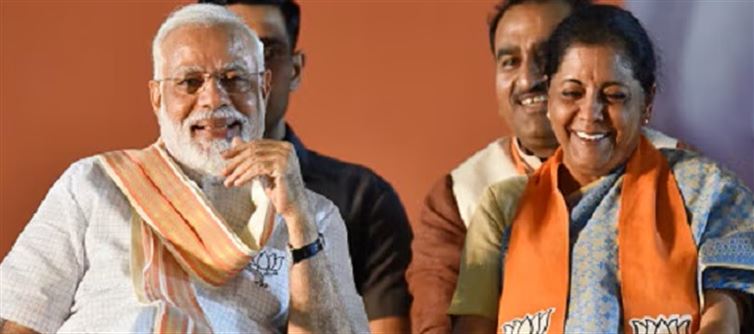
Meanwhile, powerful sectors like agriculture and sports—specifically institutions like the BCCI—have historically enjoyed tax exemptions due to legacy laws, political sensitivity, and lobbying power. This imbalance isn’t just a financial issue; it’s a structural flaw rooted in a lack of political will to reform systems that are long past their expiration date.
Agricultural income, tax-exempt since the british era, was once a protective measure to shield poor farmers from the tax burden. But over the decades, it has become a legal backdoor exploited by wealthy individuals, politicians, and industrialists who disguise their incomes under the agricultural label.
Similarly, the bcci leveraged its “non-profit” status and the pretext of promoting sports to avoid taxation until recently, despite functioning like a billion-dollar commercial enterprise. In contrast, the salaried middle class lacks lobbying power and voter clout, making them an easy, compliant target for tax collection without corresponding policy benefits or representation.
What india needs now is a complete overhaul of its tax logic—one that reflects the realities of a digital, diversified economy. Fairness in taxation must be anchored in the principle of contribution relative to capability, not political convenience or historical inertia. The system must reward transparency, not penalize it.
If india aspires to become a truly modern and inclusive economic power, it cannot afford to cling to frameworks that prioritize vote banks over vision. Reforms that embrace equity, accountability, and modernization aren't just desirable—they are essential for sustaining long-term growth and public trust in the governance ecosystem.




 click and follow Indiaherald WhatsApp channel
click and follow Indiaherald WhatsApp channel